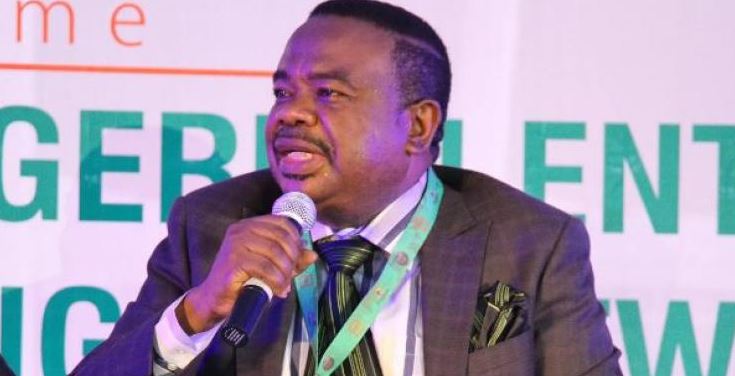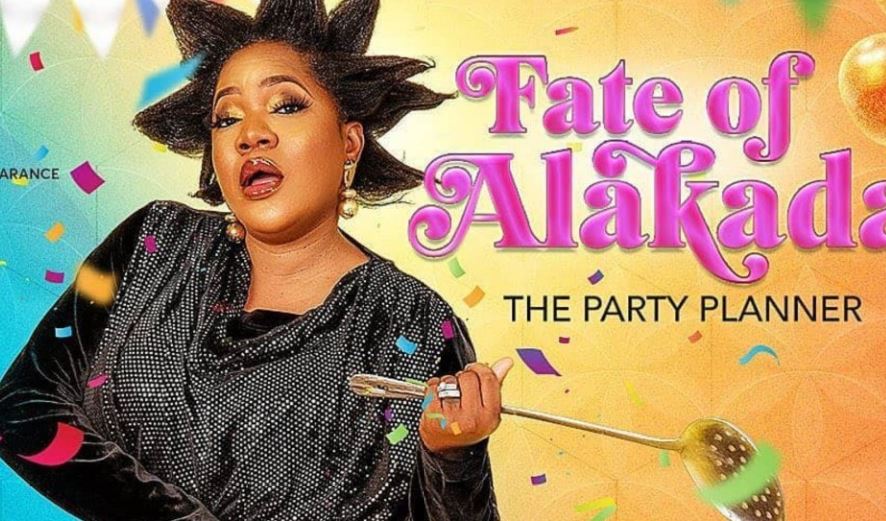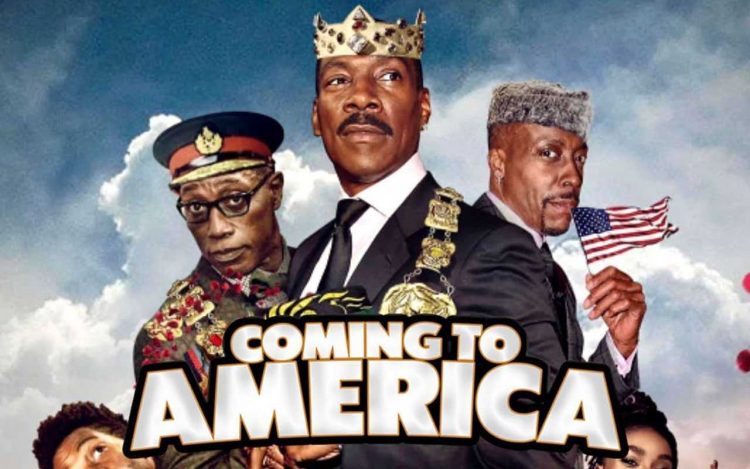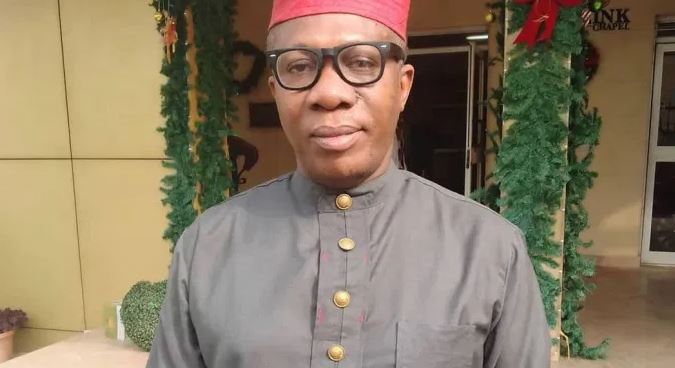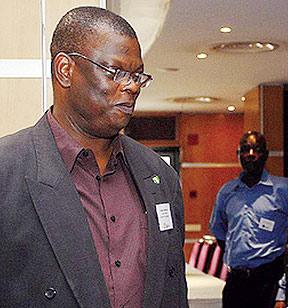
The Nigerian Film Corporation (NFC) essay competition no doubt has come to stay and has become an annual ritual in the promotion of films and its Nigerian essentials in Nigeria and indeed beyond this hemisphere. The NFC 2010/2011 edition of the competition which was made public at the later days of the month of June with the theme “Film: A Tool for socio-cultural integration & tourism promotion” is still on and was said to elapse by August 31.
NFC is headquartered in the city of Jos, Plateau State; it was early last year proposed to be shifted to Abuja but that plan was later cancelled. NFC might never be doing these wonders in the socio-eco-political and cultural building and integration of Nigeria through its essay competition if persons like Mr. Afolabi Adesanya, the Managing Director/Chief Executive of the Nigerian Film Corporation, and of course, Brian Etuk, Head Public Affairs, are not at work.
Former late President Umaru Yar´Adua, knew the innate leadership qualities in Adesanya when he re-appointed him for another four years which took effect from March 2009. Prof. Dora Akunyili, the Minister of Information and Communications congratulated Adesanya for his re-appointment and most especially commended him for his unprecedented contributions towards the repositioning and restructuring of the Nigerian film industry.
It is on record that Adesanya had succeeded in the re-branding of the biennial National Film Festival as Zuma Film Festival, the push for the establishment of the Motion Picture Council of Nigeria (MOPICON), the National Film Development Fund, the National Film Grant, review of the National Film Policy, physical and infrastructural developments at the Nigerian Film Corporation and the National Film Institute namely, the acquisition of 35 mm Cine Camera, the Dry Printers for 35 mm, the Colour Analyzers, the construction, commissioning of the Still Photo-Laboratory, three-in-one Cyber Cafe/Bookshop/Canteen Block, the Ultra Sound Stage, the 300-seat Terrace Auditorium, construction of Administrative Block, all at the National Film Institute Jos, the annual shoot´ Professional-capacity training programme, payment of compensation for the Corporation site at Lamingo, construction of male and female hostels for the National Film Institute, construction of purpose-built National Film Video and Sound Archive and the tremendous assistance and support to Guilds and Associations and local film festivals and Television Markets.
Adesanya is a bridge builder even that his re-appointment might not be going well with those who see any public position as their birthright by magic or design and want the position which Adesanya is occupying. The detractors once staged a rumour to damage the strengthened existing relationships that Adesanya had within the industry and indeed in the world at large by saying that Adesanya had built and put the industry on the path of unsustainable growth. But, as the wind of luck was not holidaying that day, Adesanya was cleared of all the money allegedly said that he embezzled.
Since its emergence in 1979, the NFC has had a profound influence on Nigerian and African culture and tourism, economic empowerment and social integration. Adesanya is doing all he could in his ability in enhancing the Nigerian style of dress, and behavioural idiosyncrasies, through the transmission of Nigerian films around the world. He has come to be directly associated with the culture in the industry by working assiduously, unlike those in public offices who lead from 5 Star Hotels around the world. His idiosyncrasies at NFC are effecting tremendous change and are affecting those he leads positively and they see him as their role model. Likewise, many Nigerians have come to terms with the rare qualities that are embedded in this dude whose other name could be Humility.
Still evolving, Adesanya is elevating the profile of what are regarded as the country’s culture and making sure that the worldwide acclaimed Nigerian film industry does expand beyond Nollywood. Remember that Nollywood is the second largest job creator in Nigeria. Given the great influence that Nollywood has over African culture, Adesanya has effected or reinforced a mentality of massive consumption of the Nigerian movies by Africans living in Africa and off the shore. There is great interest in Adesanya in making sure that NFC represents Nigerian culture and effect great influence on an entire population of Africans.
Adesanya is proud of Africans artistic culture and heritage. He is today showing appreciation through the changes he is effecting at the NFC for the significance of these cultural elements by the way people are acknowledging and patronizing the Nigerian movie industry. Afolabi Adesanya, a filmmaker with extensive working experience as film/art critic, photojournalist, and television director, worked with The Guardian (Lagos) as a staff writer/photojournalist, and Newswatch magazine as its pioneer Photo Editor. In 1986, he had a solo photographic exhibition, sponsored by USIS and ILFORD, at USIS, Lagos, Nigeria. He is a co-founder of A-PRODUCTIONS for which he produced and co-wrote VIGILANTE (1988); wrote and directed OSE SANGO (1991), both 16mm feature films. OSE SANGO (SANGO´S WAND) won the Hubert Ogunde Foundation Award for the Best Nigeria Film of the Year (1992, maiden edition). He worked as Assistant Director on Ladi Ladebo´s PARIAH (1994), a 16mm feature film; also POWER (1998) and BABA ZAK (1999), both 35mm feature films. He has directed several T.V series. His daughter once talked to him about Nollywood thus: “Look, Daddy. Their films might not be technically good, but the truth is they’re telling our stories. And we can relate to them



